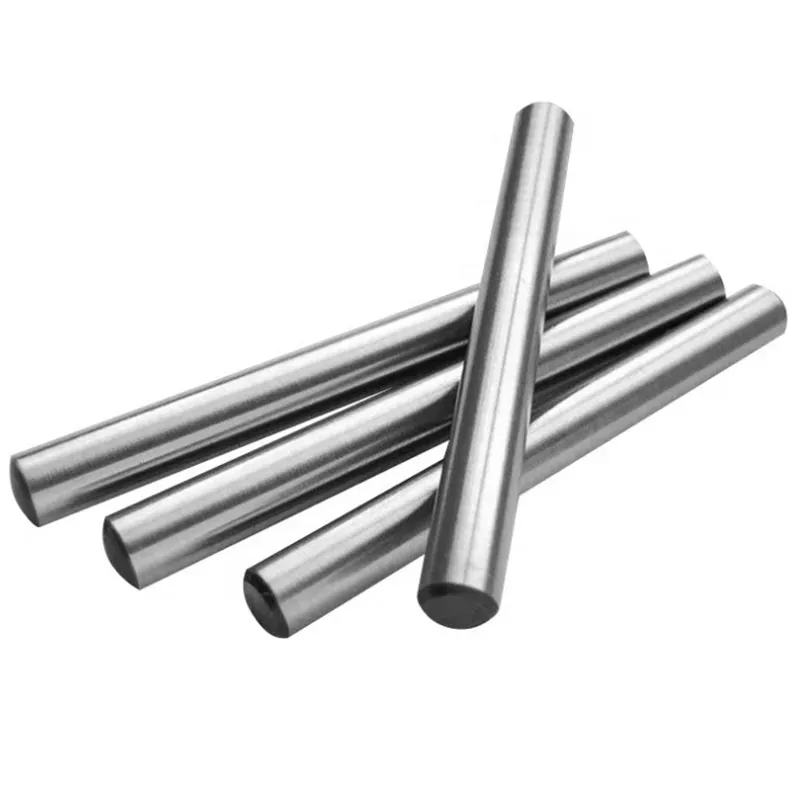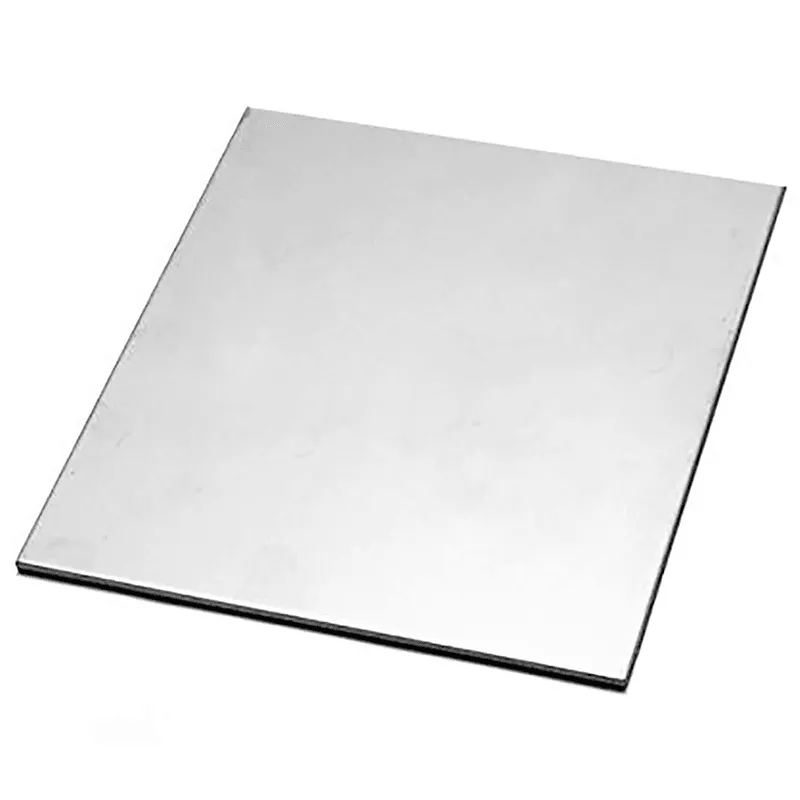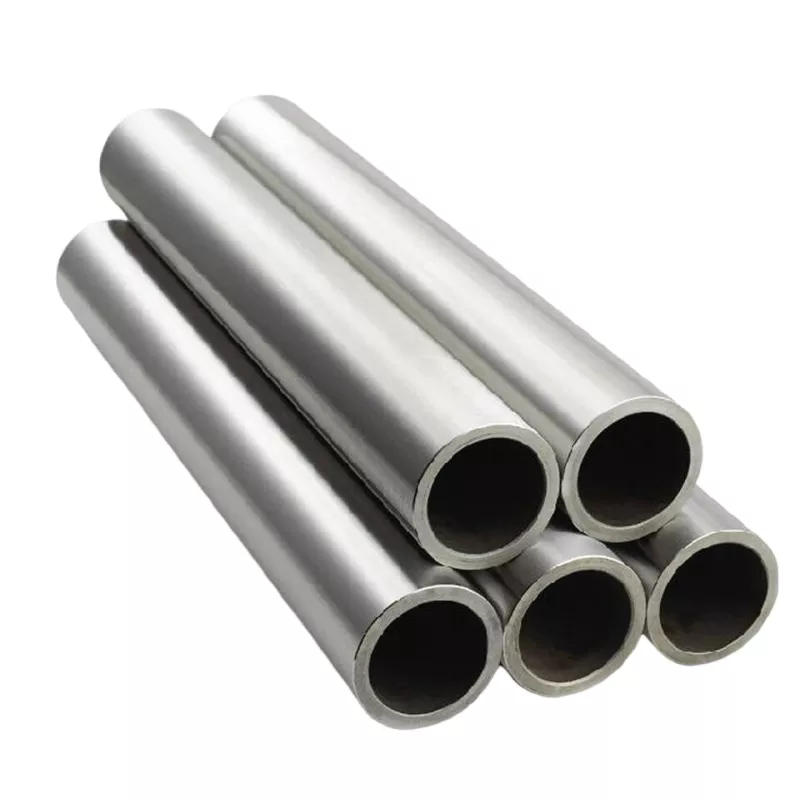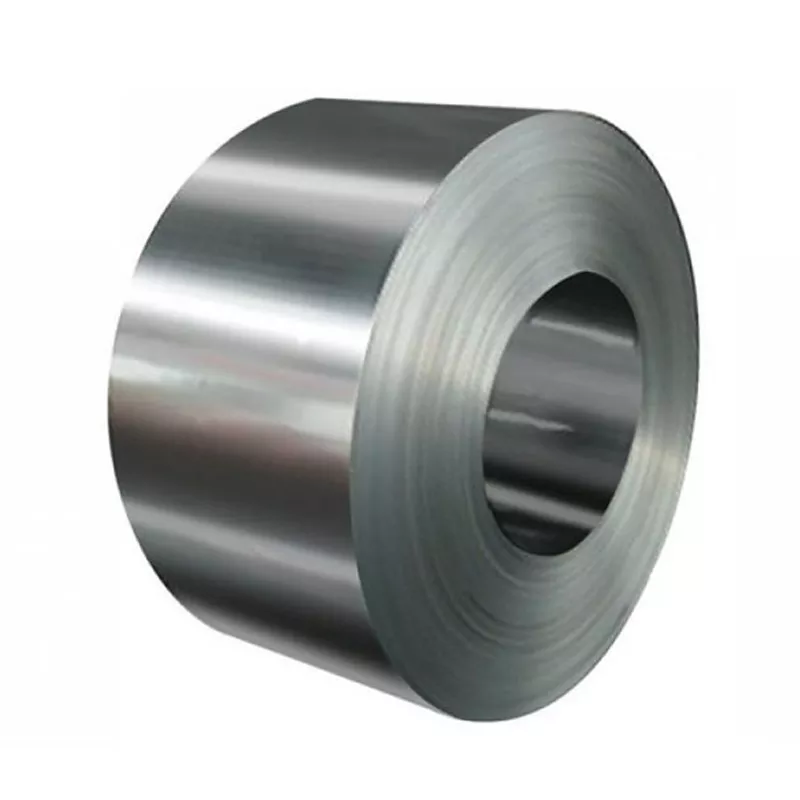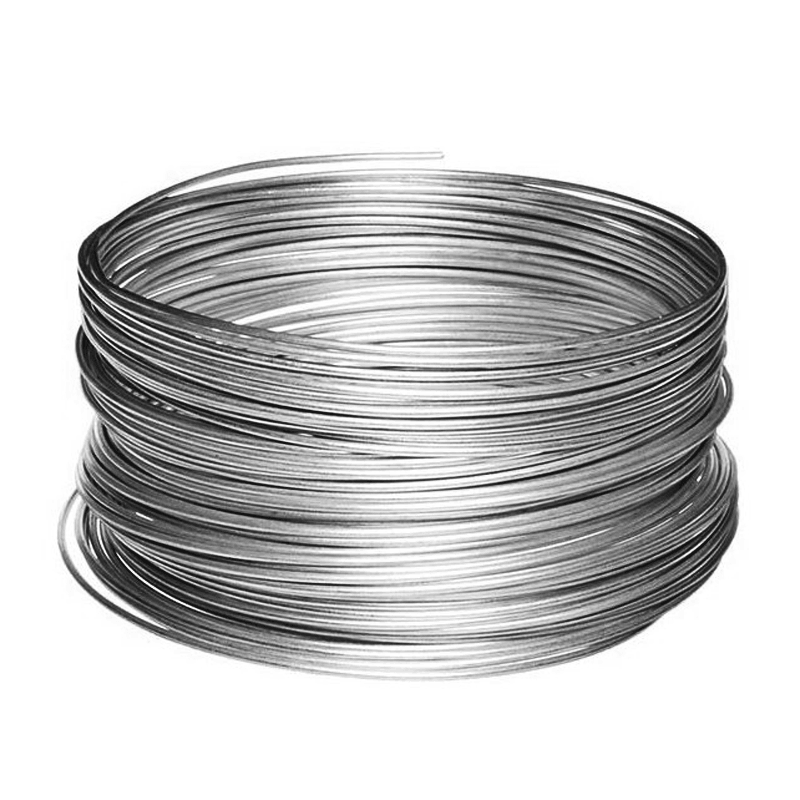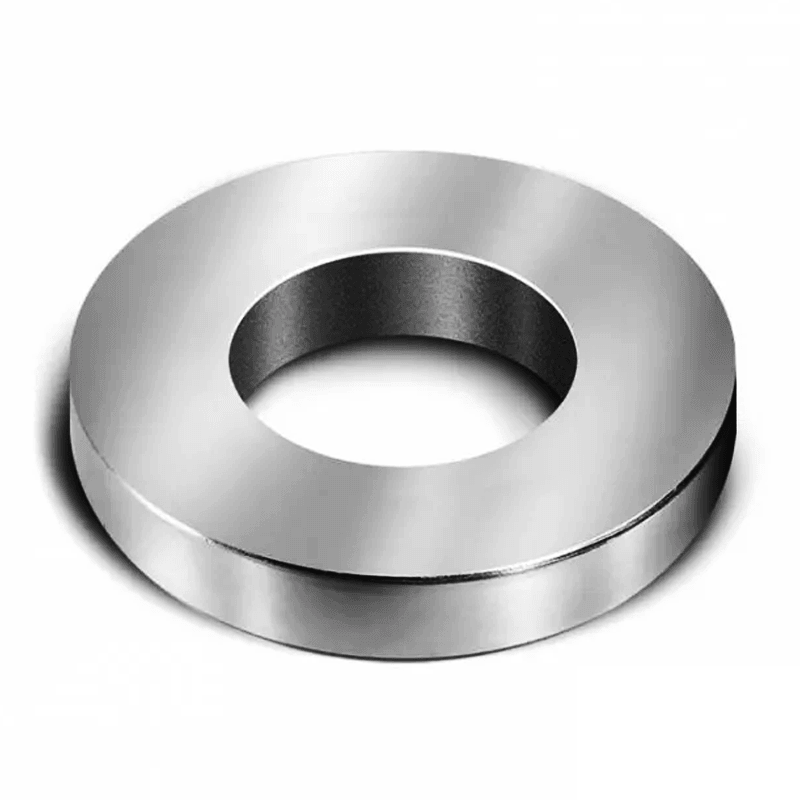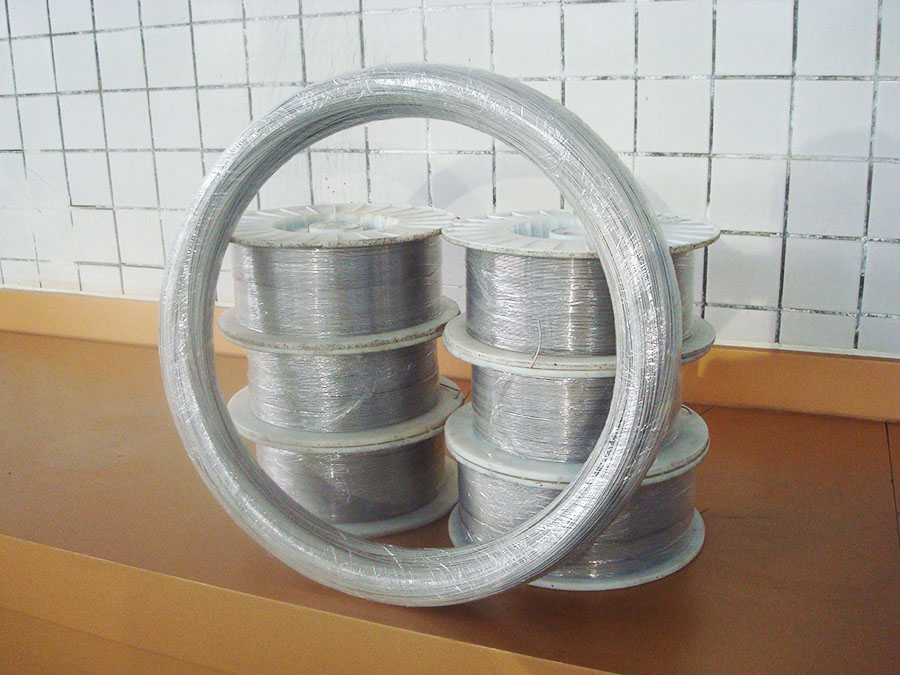Metal titanium wire is a versatile material that possesses unique chemical and mechanical properties, making it suitable for a wide range of applications across various industries. In this blog post, we will delve into the chemical and mechanical properties of titanium wire, its current applications, and its future usages.
Chemical Properties:
Titanium is a chemical element with the symbol Ti and atomic number 22. It is a transition metal known for its excellent corrosion resistance, high strength-to-weight ratio, and biocompatibility. Titanium wire is typically made from commercially pure titanium or titanium alloys, which exhibit different chemical properties depending on their composition.
Commercially pure (CP) titanium has a low oxygen and iron content, making it highly resistant to corrosion in oxidizing and mildly reducing environments. Titanium alloys, on the other hand, are engineered to enhance specific properties such as strength, toughness, and heat resistance. Common alloying elements include aluminum, vanadium, and nickel, which can modify the chemical behavior of the material.
Mechanical Properties:
Titanium wire boasts exceptional mechanical properties that contribute to its widespread use in various industrial applications. Some of the key mechanical properties of titanium wire include:
1. High Strength: Titanium wire has a high strength-to-weight ratio, making it as strong as steel but with only 60% of its density. This property makes it an ideal choice for applications that require strength and durability while minimizing weight.
2. Low Density: Titanium is a lightweight metal, with a density of approximately 4.5 g/cm3. This low density makes titanium wire suitable for applications where weight reduction is critical, such as aerospace components and medical implants such as surgical grade titanium.
3. Excellent Ductility: Titanium wire exhibits good ductility, allowing it to be easily formed and fabricated into various shapes and sizes without sacrificing its mechanical integrity.
4. Corrosion Resistance: One of the most notable properties of titanium wire is its exceptional corrosion resistance, particularly in harsh environments such as seawater and chemical processing plants. This resistance to corrosion makes it an ideal material for marine and chemical applications.
Applications:
The unique combination of chemical and mechanical properties makes titanium wire well-suited for a diverse range of applications across different industries. Some common applications of titanium wire include:
1. Aerospace Industry: Titanium wire is widely used in the aerospace industry for manufacturing aircraft components such as fasteners, landing gear, and engine parts. Its high strength-to-weight ratio and corrosion resistance make it an ideal choice for aerospace applications.
2. Medical Implants: Titanium wire is biocompatible and non-toxic, making it an excellent material for medical implants such as orthopedic devices, dental implants, and surgical instruments. Its compatibility with the human body reduces the risk of rejection or allergic reactions.
3. Chemical Processing: The corrosion resistance of titanium wire makes it suitable for use in chemical processing equipment, including valves, heat exchangers, and piping systems. It can withstand the corrosive effects of acids, alkalis, and other harsh chemicals.
4. Marine Engineering: Due to its resistance to corrosion in seawater, titanium wire is utilized in marine engineering applications such as ship hulls, propeller shafts, and offshore structures.
Future Usages:
The future of titanium wire holds promising opportunities for further advancements and expanded applications. Some potential future usages of metal titanium wire include:
1. Additive Manufacturing: With the growing popularity of 3D printing technologies, titanium wire can be used as a feedstock material for additive manufacturing processes. This allows for the production of complex geometries and customized components with high strength and precision.
2. Automotive Industry: As the automotive industry continues to emphasize lightweighting for improved fuel efficiency and performance, titanium wire may find increased usage in vehicle components such as exhaust systems, suspension springs, and chassis reinforcements.
3. Renewable Energy: Titanium wire could play a role in the renewable energy sector for applications in wind turbines, solar panels, and tidal energy systems. Its corrosion resistance and high strength make it suitable for long-term exposure to outdoor environmental conditions.
In conclusion, titanium wire exhibits remarkable chemical and mechanical properties that make it an invaluable material for a wide range of applications in industries such as aerospace, medical, chemical processing, and marine engineering. With ongoing research and technological advancements, the future usages of titanium wire are likely to expand into new frontiers, offering innovative solutions across various sectors.

